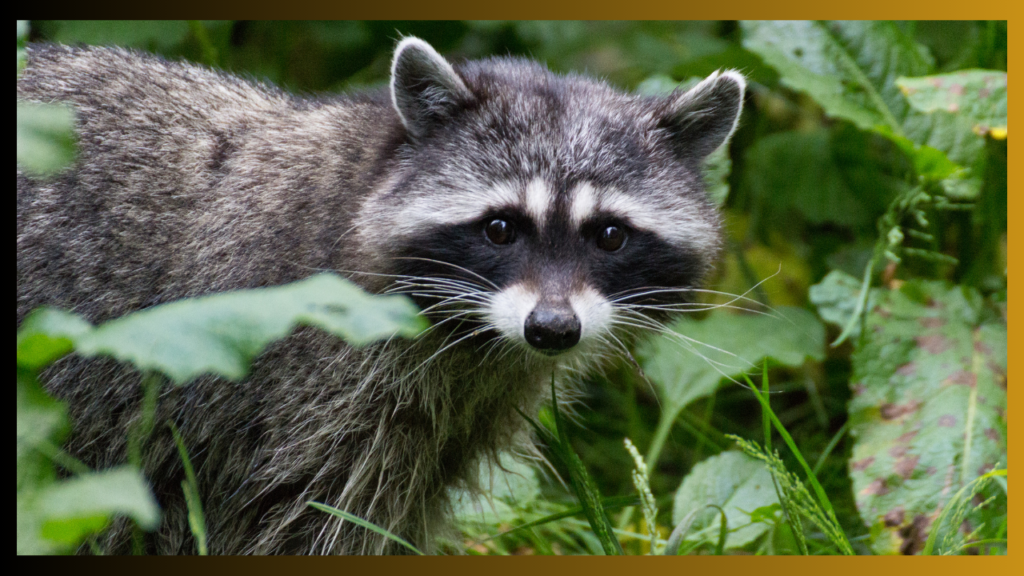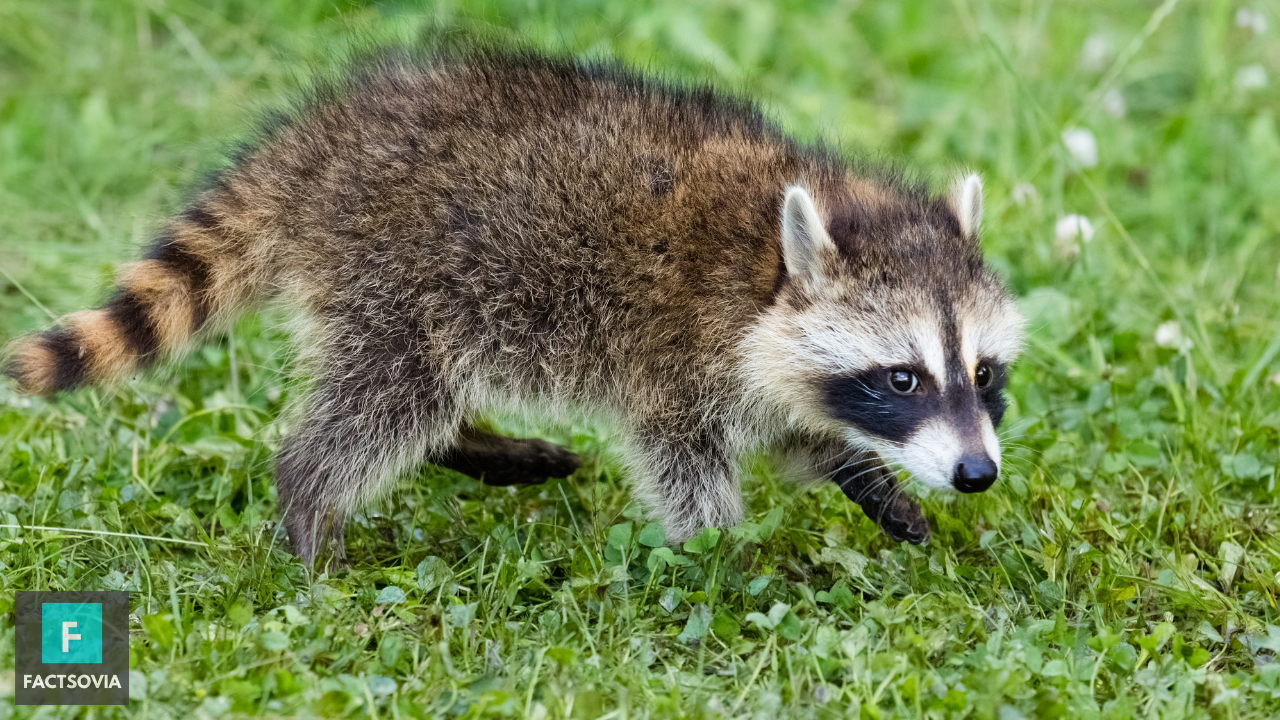We use affiliate links to run our site. When you buy through links on our site, we may earn an affiliate commission, without any added cost to you. Learn more
Raccoons are cute, furry creatures that are found in various regions of North America. They are known for their distinctive black mask-like markings on their face and bushy tail.
Raccoons are omnivorous animals, meaning they eat both plants and animals. Their diet varies based on their habitat, season, and availability of food.
A brief about the animal
Raccoons belong to the family Procyonidae and are scientifically known as Procyon lotor. They are native to North America and are found in various habitats, including forests, marshes, and urban areas. Raccoons have a grayish coat of fur with black markings on their face and tail.
They have sharp claws and teeth that help them climb trees and dig for food.
General Feeding Habits
As omnivores, raccoons have varied diets. They eat both plants and animals, including fruits, nuts, insects, small mammals, fish, and amphibians.
Raccoons are opportunistic feeders, which means they eat whatever food is available to them. They are nocturnal animals and are most active at night, searching for food.
Different species and their Diets
There are several species of raccoons, each with slightly different dietary requirements. The most common species, the North American raccoon, eats a variety of foods, including fruits, nuts, insects, and small mammals.
The Bahaman raccoon, found in the Bahamas, feeds on crabs and mollusks. The Cozumel raccoon, found in Mexico, feeds on insects, fruits, and small vertebrates.

How they Hunt and Gather Food
Raccoons have adapted to living in different habitats and have developed unique ways of finding and gathering food. They use their sense of smell to locate food and their sharp claws and teeth to catch and kill prey.
Raccoons are also skilled climbers and are able to climb trees and dig through garbage cans to find food.
Factors Influencing their Diet
The diet of raccoons is influenced by several factors, including season, habitat, and availability of food. During the summer months, raccoons feed on fruits and insects, while in the winter, they rely on stored food and prey animals. The habitat of raccoons also affects their diet.
Urban raccoons are known to scavenge through garbage cans and eat human food while forest-dwelling raccoons feed on small mammals and fruits.
The Importance of Their Diet
The diet of raccoons is essential to their survival and overall health. Eating a varied diet ensures that raccoons receive all the necessary nutrients to maintain their physical and mental well-being.
For example, a lack of protein can lead to stunted growth and weakened immune systems.
Human Interaction and Diet
Human interaction can have a significant impact on the diet of raccoons. Urban raccoons often scavenge through garbage cans for food, which can lead to health problems such as obesity and malnutrition.
Feeding wild raccoons is also discouraged as it can alter their natural feeding habits and cause them to become dependent on humans for food.
Conclusion
Raccoons are omnivorous animals that have adapted to a variety of habitats and dietary requirements. Their diet consists of both plant and animal matter, and it varies based on season, habitat, and availability of food. Human interaction can have a significant impact on the diet of raccoons and should be avoided.
FAQs:
What do raccoons eat in the wild?
Raccoons in the wild eat a varied diet that includes fruits, nuts, insects, small mammals, fish, and amphibians.
Can raccoons eat human food?
Yes, raccoons are known to scavenge through garbage cans and eat human food. However, it is discouraged as it can lead to health problems and alter their natural feeding habits.
What should I do if I see a raccoon in my yard?
If you see a raccoon in your yard, it is best to keep a safe distance and avoid feeding them. Feeding wild raccoons can alter their natural feeding habits and cause them to become dependent on humans for food.
Are raccoons harmful to humans?
Raccoons are not usually aggressive towards humans but can become aggressive if they feel threatened. They are also known carriers of diseases such as rabies, so it is important to avoid contact with wild raccoons.
Can raccoons eat pet food?
Yes, raccoons can eat pet food if it is left outside. It is best to bring in pet food at night to avoid attracting raccoons and other wild animals.
Amazon and the Amazon logo are trademarks of Amazon.com, Inc, or its affiliates.
